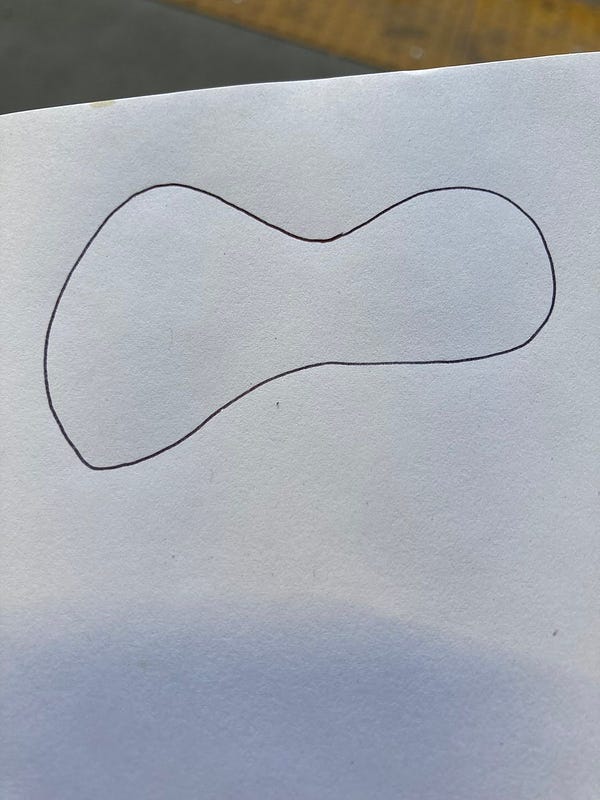All learning interacts with earlier knowledge
Hi, I'm restarting this blog as a sort of cache of educational wisdom. I'll record things that I want to ponder. Like a blog post by dan meyer and a tweet by Christopher Danielson. Here's the tweet by @trianglemancsd aka C Danielson.

This extraordinary bit of tweetcraft from Christopher Danielson reminded me this week of one of the most important principles in the whole of teaching:
Everyone knows something about everything.
All learning interacts with earlier knowledge. So whatever you’re trying to teach an old kid right now is interacting with knowledge they developed as a young kid which is interacting with knowledge they developed as a very, very young kid and so on.
We might wish learning worked a different way, a way where I say stuff the way I understand it and then you immediately understand that stuff the same way I do no matter what you knew before I started saying stuff. But we go to the classroom with the principles of cognition we have not the principles of cognition we might want.
That early knowledge is a responsibility for teachers. We need to let students know that their knowledge and experience are as essential to their learning as their teacher’s knowledge and experience.
But that early knowledge is a resource for teachers as well. It’s a gift. It makes teaching easier. When a student says, “it’s not only round, it has little bumps,” we have resources that can help us all move in the direction of new ideas.
Okay you’re saying this one is bumpy. How do you know this one isn’t bumpy? Which of these shapes is most bumpy and least bumpy? Can we come up with a rule to figure out if a shape is bumpy or not?
Jere Confrey said, “Students are our most underutilized resource in school” and I believe she was referring to resources like “bumpy.”
The failing of most math curricula is that they waste the gift of early student thinking.
The post continues for awhile but I've quoted enough.
Dan's point is that curriculum does not leverage that early learning exists and should be engaged and leveraged (my wording). I'm not entirely sure that this is true. He is refering to the classic textbooks. I who have created an online preschool curriculum, a 5E based interactive science curriculum (Science4Us), an inquiry driven elementary social studies curriculum, and a career day for high tech curriculum for Title I students, feel that curriculum is heavily designed with prior knowledge engagement as a foundational concept.
Dan's point is that teachers mediate between textbook curriculum by helping kids engage and build on prior knowledge.
Comments
Post a Comment